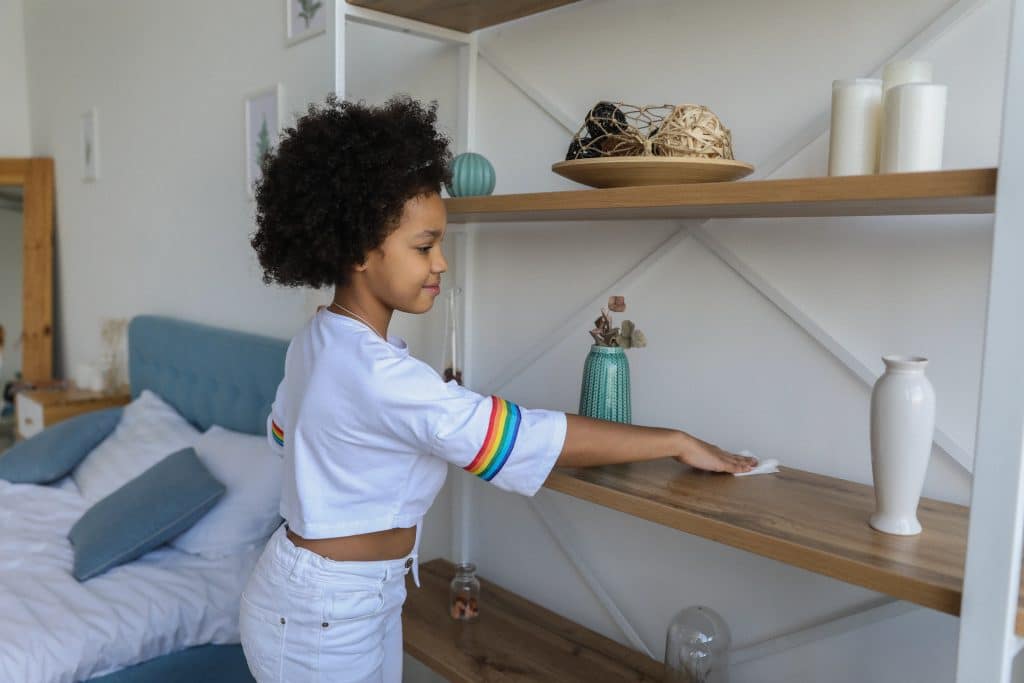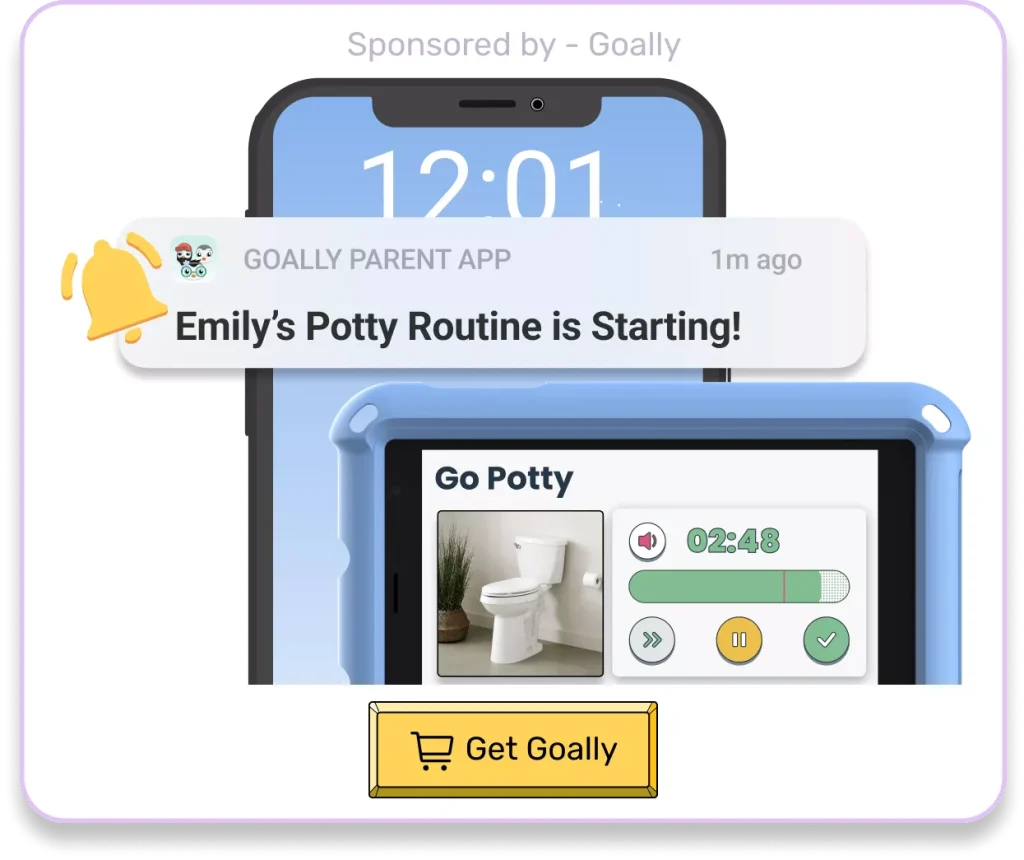Have you ever felt puzzled trying to understand your child’s unique needs? You’re not alone! Autistic routines might seem confusing at first, but once you learn their secrets, you’ll be on your way to helping your neurodivergent child shine. In this blog post, we’ll explore the world of autistic routines and how they can be helpful for kids with thinking and learning differences.
Table of Contents
The Reasons Behind Autistic Routines
Autistic routines are more than just a choice; they’re super important for many kids on the spectrum. Here’s why:
- Predictability: Routines give a sense of safety and predictability for neurodivergent kids. Knowing what comes next helps lower stress and makes the world feel easier to handle.
- Coping Tool: Routines can help kids deal with sensory overload or strong emotions. They offer a comforting and familiar structure that helps kids feel more relaxed.
- Skill Practice: Regular routines let kids practice and get better at essential life skills, like taking care of themselves and interacting with others.

Read more: Working With Autistic Children | Teachers Guide
Understanding Common Autistic Routines
Autistic routines can be different for each child, but there are some common ones that many parents will recognize. Let’s look at a few examples:
- Morning and Evening Routines: A set wake-up and bedtime routine can help kids begin and end their day happily. This might include activities like brushing teeth, getting dressed, and eating breakfast in a particular order.
- Mealtime Habits: Many neurodivergent kids have specific likes regarding food, such as eating the same meal every day or arranging their food in a certain way on their plate.
- Transitions: Smooth changes between activities are very important for kids with thinking and learning differences. Visual schedules, timers, or verbal cues can help them prepare for changes during the day.
- Special Interests: Kids on the spectrum often have strong interests in certain topics or activities. Including these passions in their daily routine can give them motivation and a sense of achievement.

Read more: Color Behavior Charts | Free Printable
The Balancing Act: Adapting Autistic Routines
While routines are essential for many neurodivergent kids, finding a balance between being consistent and being flexible is crucial. Here are some tips for changing autistic routines to handle new situations and encourage growth:
- Introduce Small Changes: Slowly add new activities or changes to existing routines. This lets kids adjust at their own speed and lowers the chance of overwhelming them.
- Use Visual Supports: Visual schedules, social stories, or other visual aids can help kids understand and adapt to routine changes.
- Work Together: Include your child in the process of making and changing routines. This helps them feel more in control and responsible.
- Celebrate Success: Recognize and celebrate your child’s accomplishments as they adapt to changes in their routine. Positive reinforcement helps build confidence and strength.
Goally | Visual Scheduler for Autism
Does your child struggle with getting ready in the morning independently? Goally’s routine app on the best tablet for kids breaks down large tasks into small, achievable steps for autistic kids. Create custom routines with your own videos & pictures for every step.
Tools for Success: Supporting Autistic Routines at Home
As a parent, you play a significant role in helping your child create and keep healthy routines. Here are some tools and strategies to support autistic routines at home:
- Consistency: Stick to established routines as much as possible, and adapt when needed.
- Visual Aids: Use visual supports like schedules, charts, or timers to help your child understand and follow routines.
- Clear Communication: Clearly explain expectations and give plenty of warning for any changes to the routine.
- Patience: Be patient and understanding as your child faces the challenges of adapting to new routines or changes in their surroundings.
Goally | 100+ Streaming Video Classes
Does your child need some extra guidance on building essential life skills? Goally’s skill building tablet for kids includes a TV app that has the most robust video library of skills training videos for kids. Ranging from content like “How to Brush Your Teeth” to “How to Make Friends at School,” we have dozens of interactive video lessons for kids with thinking and learning differences.

HERE’s a video explaining how to works.
The Power of Autistic Routines: Helping Your Child Reach Their Potential
Supporting and embracing autistic routines can significantly impact your child’s well-being and growth. By offering a predictable structure, helping them practice skills, and promoting flexibility, you can help your neurodivergent child reach their full potential. Remember, every child is unique, and what might work for one may not work for another. Stay curious, keep learning, and enjoy the journey of finding the best routines for your child. With the proper support and understanding, you can help your child succeed in their own unique way. So, go ahead and unlock the secrets of autistic routines – you can do it!
This post was originally published on 04/16/2023. It was updated on 11/06/2023.

Goally
We help parents teach their kids life skills, like doing bedtime and morning independently. Backed by science, we incorporate evidence-based practices and expert-informed designs in all of our apps and content.







